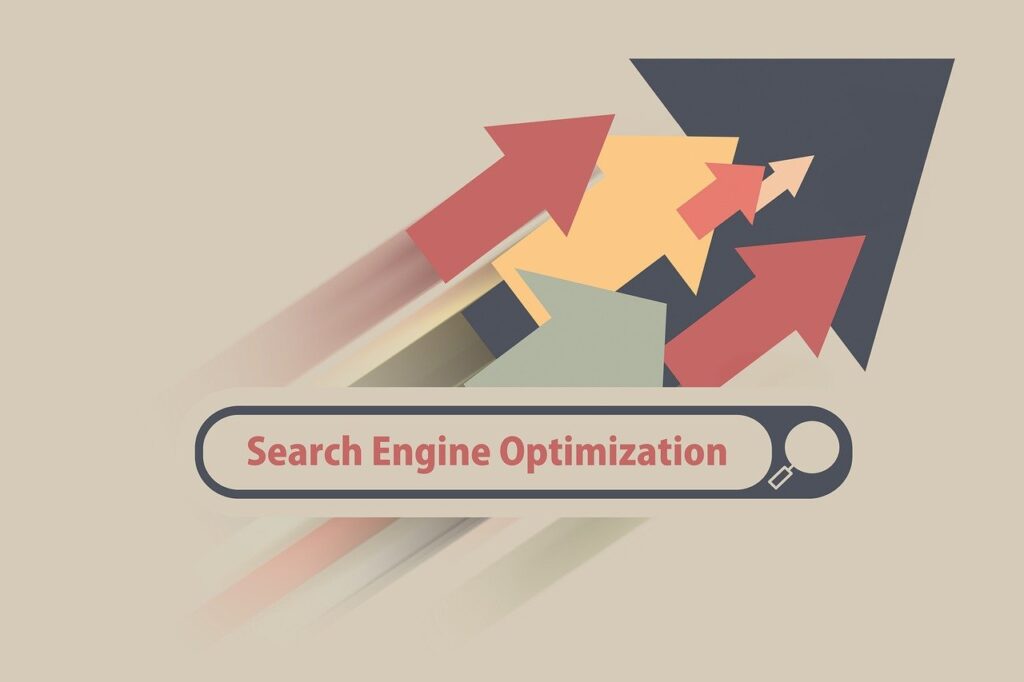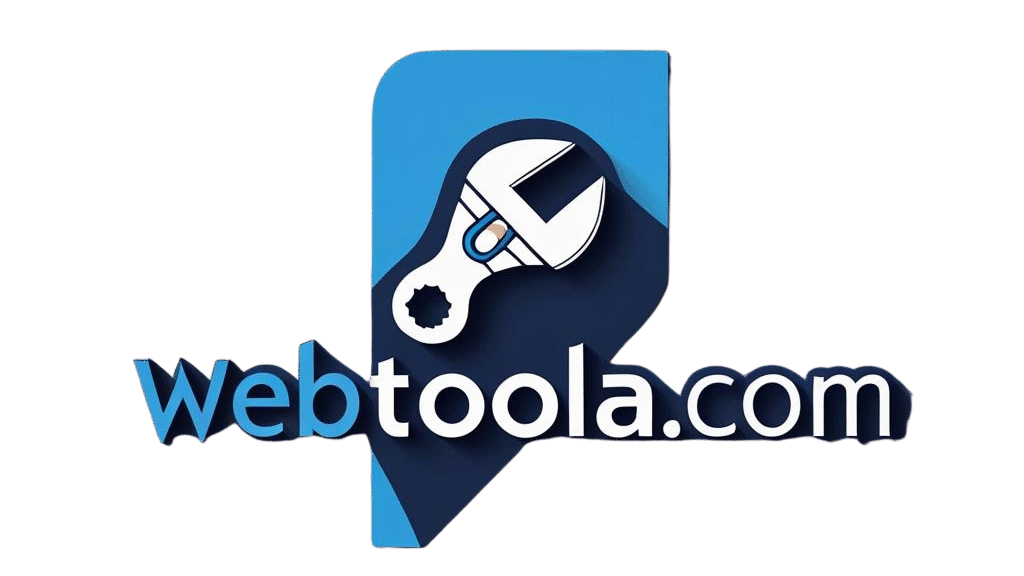A staggering 93% of online experiences begin with a search engine, making it crucial for websites to be optimized for search engines. With the vast number of websites competing for visibility, using the right SEO analysis tools can make all the difference in achieving higher rankings.
An effective website optimization checker can help identify areas for improvement, ensuring that your content is search engine friendly. By leveraging these tools, you can refine your content strategy and improve your website’s visibility.
With numerous options available, selecting the best on-page seo checker can be daunting. This article will guide you through the top tools available, helping you make an informed decision to optimize your content.
Why Your Website Needs an On-Page SEO Checker
Understanding the importance of on-page SEO is vital for any website owner looking to increase their online visibility. An on-page optimization tool or SEO audit tool is designed to analyze and improve various elements of a website to make it more search engine friendly.
The Impact of On-Page SEO on Rankings
On-page SEO significantly impacts how search engines rank websites. By optimizing elements such as content, meta tags, and internal linking, websites can improve their ranking positions. This is where an on-page SEO checker comes into play, providing insights and recommendations for improvement.
Key Elements That On-Page SEO Tools Analyze
On-page SEO tools analyze a variety of key elements, including keyword usage, content quality, page speed, mobile responsiveness, and meta tags. By examining these factors, website owners can identify areas for improvement and make data-driven decisions to enhance their website’s performance.
Top On-Page SEO Checker Tools for Content Optimization
Optimizing your website’s content is crucial for search engine rankings, and using the right on-page SEO checker tools can make all the difference. With so many options available, it’s essential to choose the tool that best suits your needs.

Semrush
Overview
Semrush is a comprehensive SEO performance checker that offers a wide range of tools for on-page SEO analysis. It provides detailed insights into your website’s technical SEO, content optimization, and competitor analysis.
Key Features
- Technical SEO audits
- Content optimization recommendations
- Competitor analysis
- Keyword research and tracking
Pros and Cons
Semrush offers a user-friendly interface and a vast database of keywords and backlinks. However, its pricing plans can be steep for small businesses or individuals.
Ahrefs
Overview
Ahrefs is another popular on-page SEO analysis tool that provides in-depth insights into your website’s SEO performance. It offers a range of features, including keyword research, backlink analysis, and content optimization.
Key Features
- Keyword research and tracking
- Backlink analysis
- Content optimization recommendations
- Technical SEO audits
Pros and Cons
Ahrefs is known for its robust backlink analysis and keyword research capabilities. However, its user interface can be overwhelming for beginners.
Surfer SEO
Overview
Surfer SEO is a content optimization tool that uses AI to analyze your content and provide recommendations for improvement. It offers features such as keyword research, content audits, and competitor analysis.
Key Features
- Content audits
- Keyword research and tracking
- Competitor analysis
- Content optimization recommendations
Pros and Cons
Surfer SEO is praised for its ease of use and actionable recommendations. However, its pricing plans can be limited for large-scale content optimization projects.
Screaming Frog
Overview
Screaming Frog is a website SEO checker that specializes in technical SEO audits. It offers features such as website crawling, meta tag analysis, and broken link detection.
Key Features
- Website crawling and analysis
- Meta tag analysis
- Broken link detection
- Technical SEO audits
Pros and Cons
Screaming Frog is known for its comprehensive technical SEO audits. However, its user interface can be cluttered, and it requires some technical expertise to use effectively.
How to Select the Perfect On-Page SEO Tool for Your Needs
With numerous on-page SEO tools available, selecting the perfect one for your needs requires careful consideration. The right tool can significantly enhance your website’s search engine rankings and overall online presence.
Website Size and Complexity Considerations
When choosing an on-page SEO tool, consider the size and complexity of your website. Larger websites with multiple pages require more comprehensive tools that can handle extensive crawls and provide detailed insights.
Budget and Pricing Models
Your budget is another crucial factor. On-page SEO tools offer various pricing models, including monthly subscriptions and one-time payments. Assess the costs and benefits of each model to determine which one aligns with your financial plans.
Ease of Use vs. Advanced Capabilities
Finally, consider the balance between ease of use and advanced capabilities. While user-friendly interfaces are essential, you may also require advanced features like technical SEO audits and content optimization recommendations.
By weighing these factors, you can select an on-page SEO tool that meets your specific needs and enhances your website’s SEO performance.
Conclusion
Selecting the right on-page SEO checker is crucial for optimizing your website’s content and improving search engine rankings. By analyzing key elements such as keyword usage, meta tags, and content quality, these tools help you identify areas for improvement.
Tools like Semrush, Ahrefs, Surfer SEO, and Screaming Frog offer a range of features to support your optimization efforts. When choosing an on-page SEO checker, consider factors such as website size, budget, and ease of use to find the best fit for your needs.
By leveraging the insights provided by a reliable on-page SEO checker or website optimization checker, you can refine your content strategy, drive more traffic to your site, and ultimately boost your online presence.
FAQ
What is an on-page SEO checker, and how does it work?
An on-page SEO checker is a tool that analyzes your website’s content and structure to identify areas for improvement in search engine rankings. It works by examining elements like keyword usage, meta tags, header tags, content quality, and more, providing recommendations for optimization.
Why do I need an on-page SEO analysis tool for my website?
An on-page SEO analysis tool helps you understand how to optimize your website for better search engine rankings, driving more traffic and potentially increasing conversions. It identifies technical and content-related issues that may be hindering your site’s performance.
Can I use an on-page optimization tool for e-commerce websites?
Yes, many on-page optimization tools are suitable for e-commerce websites. They can help analyze product pages, categories, and other content to improve search engine rankings and user experience.
How often should I use a website SEO checker?
It’s a good practice to regularly check your website’s SEO, especially after significant changes or updates. Using a website SEO checker periodically can help you stay on top of optimization opportunities and maintain or improve your search engine rankings.
Are there free on-page SEO tools available?
Yes, there are free on-page SEO tools available, offering basic analysis and recommendations. However, for more comprehensive features and in-depth analysis, many users opt for paid tools like Semrush, Ahrefs, or Surfer SEO.
What is the difference between an on-page SEO audit tool and a general SEO tool?
An on-page SEO audit tool focuses specifically on analyzing and optimizing elements within your website, such as content, meta tags, and internal linking. A general SEO tool may include on-page analysis but also covers broader aspects like backlink analysis, competitor research, and technical SEO.
How do I choose the best on-page SEO tool for my needs?
To choose the best on-page SEO tool, consider factors like your website’s size and complexity, budget, and the level of analysis you require. Look for tools that offer the features you need, are user-friendly, and provide actionable recommendations.

